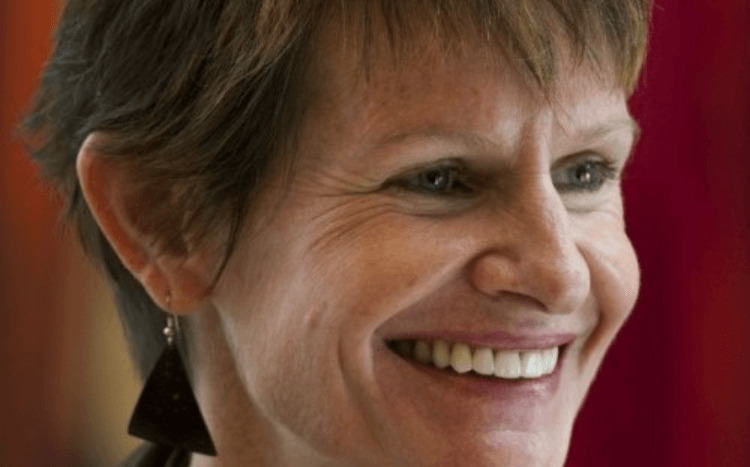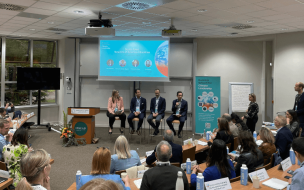She took time out of her busy schedule to tell us what’s on her agenda right now, and what impact her students will have on the future.
Which courses are you currently teaching?
Currently I am teaching a survey course dealing with the history of microfinance, basically ranging from the beginning of time to the modern day. I’m also teaching a seminar course for second-year students. It goes into more depth and applies their studies to real world examples.
What are common challenges for students learning about emerging markets in the classroom?
Typical challenges stem from a lack of background knowledge. If a student doesn’t already know about accounting, finance, and economics they can fall behind. It is imperative that students have a firm foundation to build off of so that we can better explore the subject matter.
What opportunities are out there for recent MIB graduates?
The opportunities are extremely diverse. One recent graduate I know took a position as a product manager for Digicel in Haiti. Other students join non-profits and others become involved with long-term microfinance projects. It just depends on what each student’s interest is: we try to prepare them for any number of careers.
Can you tell me about your involvement with the Center for Emerging Markets Enterprise (CEME)?
Sure. First of all, the word Enterprise is important. That is the key word for the Center and was intentionally chosen. We look at multinational corporations, family enterprises, and microfinance.
We try to look at issues from a multitude of perspectives. The Center is both a research center and a center for implementation. Both roles are important.
What led to your interest in microfinance?
I was involved in venture capital years ago. I began getting involved in microfinance while living in Boston volunteering as a loan officer. One thing led to the next and here I am.
What are the challenges when starting a microfinance project?
First of all, the word ‘project’ is problematic. To be effective in microfinance you have to be involved for the long haul. There are plenty of ways to get involved, even in this country [the United States], for example, there are 40 million people out there who are un-banked, who don’t have bank accounts.
Whether getting involved here or abroad, you have to become a long-term partner.
What’s your advice for graduates who want to work in microfinance in emerging markets?
First they should decide if they want to be a part of the implementation process, or a researcher of microfinance’s effects. For implementation they should get experience at a bank, for example. To study its effects, a graduate could work for a government agency or development group.
RECAPTHA :
21
ed
c1
f1







